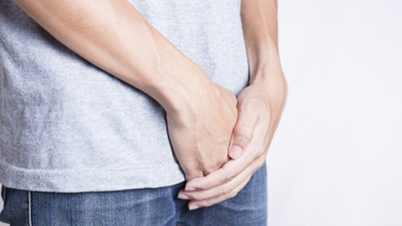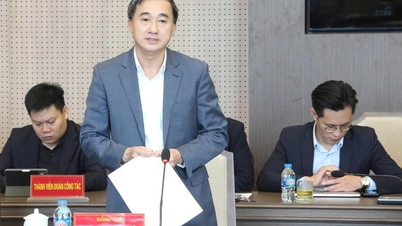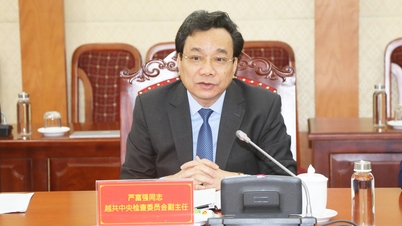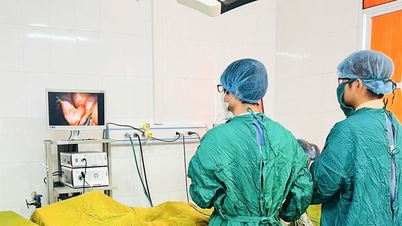Both men and women have high physiological needs in their 20s, then gradually decrease due to changes in hormone levels, illness, and body aging.
Age and sexual desire are closely related, but there is no specific age when sexual activity should stop. The increase and decrease of sexual desire in men and women varies with age, governed by brain function, hormones, beliefs and attitudes about sex. Physiological needs can change due to mental state, stress levels, overall health and hormonal changes of each person.
20 years old
Testosterone levels are high in both men and women in their 20s. For men, testosterone peaks at age 18 and then begins to decline slowly. In general, hormone levels remain high in their 20s, helping men maintain their libido. Women have lower libidos in their late 20s, possibly due to hormonal birth control and/or antidepressant medication.
30 years old
Testosterone continues to decline in your 30s, causing a more pronounced decline in sexual desire. In men, the decline can increase by about 1% per year until age 40. For many women, this is when sex peaks, and sex becomes more frequent.

Increased bonding and sharing helps couples understand each other. Photo: Freepik
40 years old
Both sexes experience physical changes in their 40s that affect sexual behavior. Erectile dysfunction is more common, so men have less sex. For women, perimenopause usually begins in their 40s. Lower estrogen levels lead to vaginal dryness and pain during intercourse. Testosterone levels in women also tend to decrease.
50 years old
Both men and women at this age experience a decrease in interest and frequency of intercourse. Health and lifestyle problems that can affect men's frequency and performance include diabetes, high blood pressure, obesity, prostate enlargement, etc. Women may experience dryness, less orgasms, and are affected by medical conditions like men.
In their 50s, both sexes may be taking medications that affect sexual function, for example, high blood pressure medications can contribute to erectile dysfunction in men.
60 years old
Sexual dysfunction and chronic diseases contribute to a decline in sexual activity. However, that does not mean a person should stop having sex as they age. A 2017 survey of 2,400 older people in the Netherlands found that nearly half of those questioned had been sexually active in the previous six months.
A 2019 study by the University of Pittsburgh, USA, noted that nearly 40% of women over 60 years old have low sexual desire. However, these people still believe that "love" is an important part of their lives.
In addition to vaginal dryness and erectile dysfunction, problems that cause decreased libido at this age include fatigue, stress, and lack of confidence in appearance.
Over 70 years old
Women and men can be sexually active in their 70s and 80s. However, age-related changes can make sex less like it was in younger years. Older adults often report enjoying more physical contact. Seniors can face a variety of health challenges, from reduced mobility to diminished senses.
People with decreased libido should see a doctor to determine if this is a natural change or a sexual dysfunction. If the cause is age-related, some lifestyle changes can improve it, such as increasing exercise, choosing foods that are good for physiology such as oysters, strawberries, avocados, avoiding alcohol and stimulants. Managing stress and getting enough sleep are also beneficial for sexual health.
Increasing emotional connection with your spouse is important to help both of you thrive. Women tend to need more emotional connection than men. According to experts, couples should turn off electronic devices and talk to each other more, listen when the other has problems, and express love through gestures and words. People who have difficulty connecting with their partners can seek support from a psychologist.
Mr. Ngoc (According to Verywell Health )
Source link



![[Photo] Opening of the 14th Conference of the 13th Party Central Committee](https://vphoto.vietnam.vn/thumb/1200x675/vietnam/resource/IMAGE/2025/11/05/1762310995216_a5-bnd-5742-5255-jpg.webp)



































![[Photo] Panorama of the Patriotic Emulation Congress of Nhan Dan Newspaper for the period 2025-2030](https://vphoto.vietnam.vn/thumb/1200x675/vietnam/resource/IMAGE/2025/11/04/1762252775462_ndo_br_dhthiduayeuncbaond-6125-jpg.webp)








































































Comment (0)